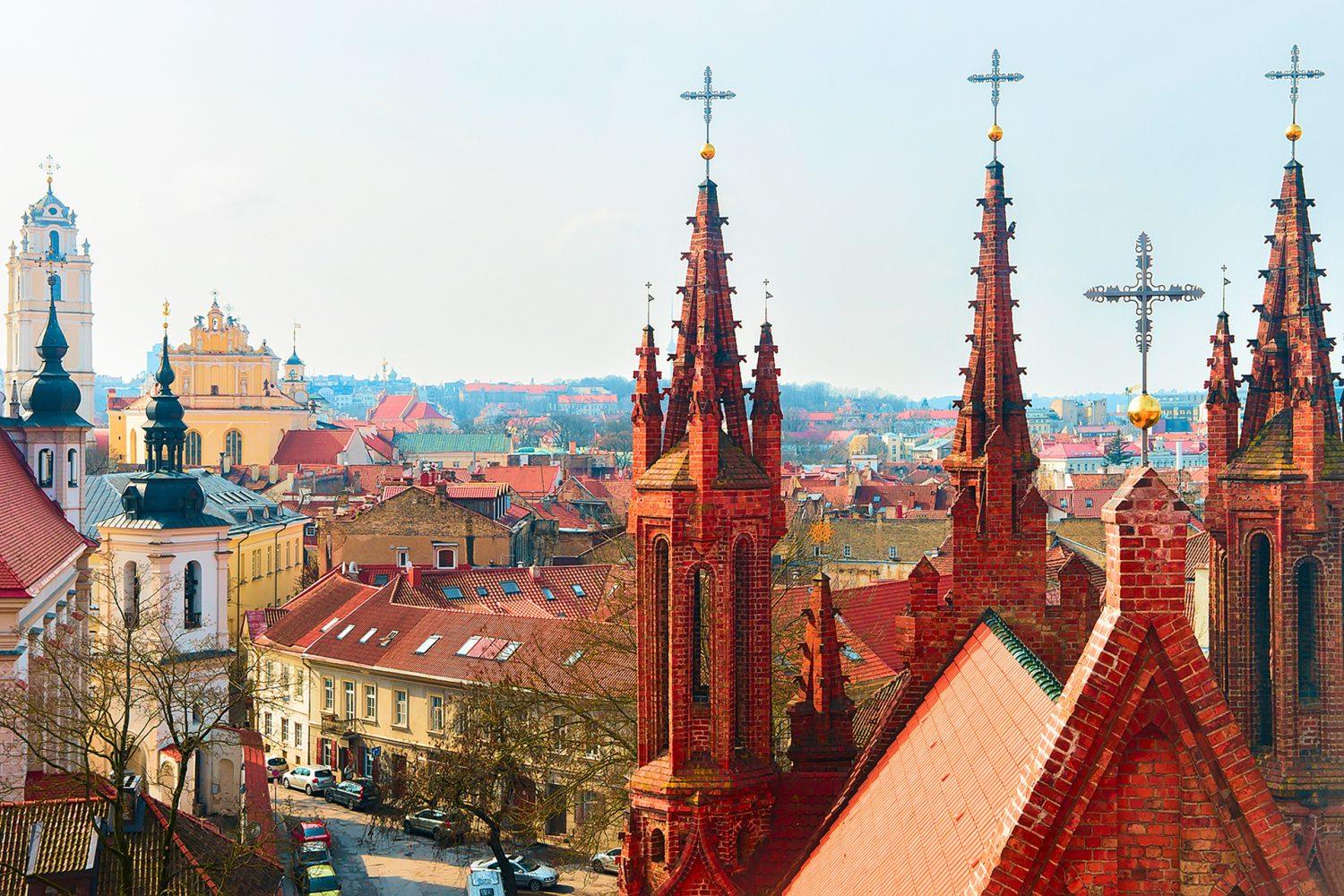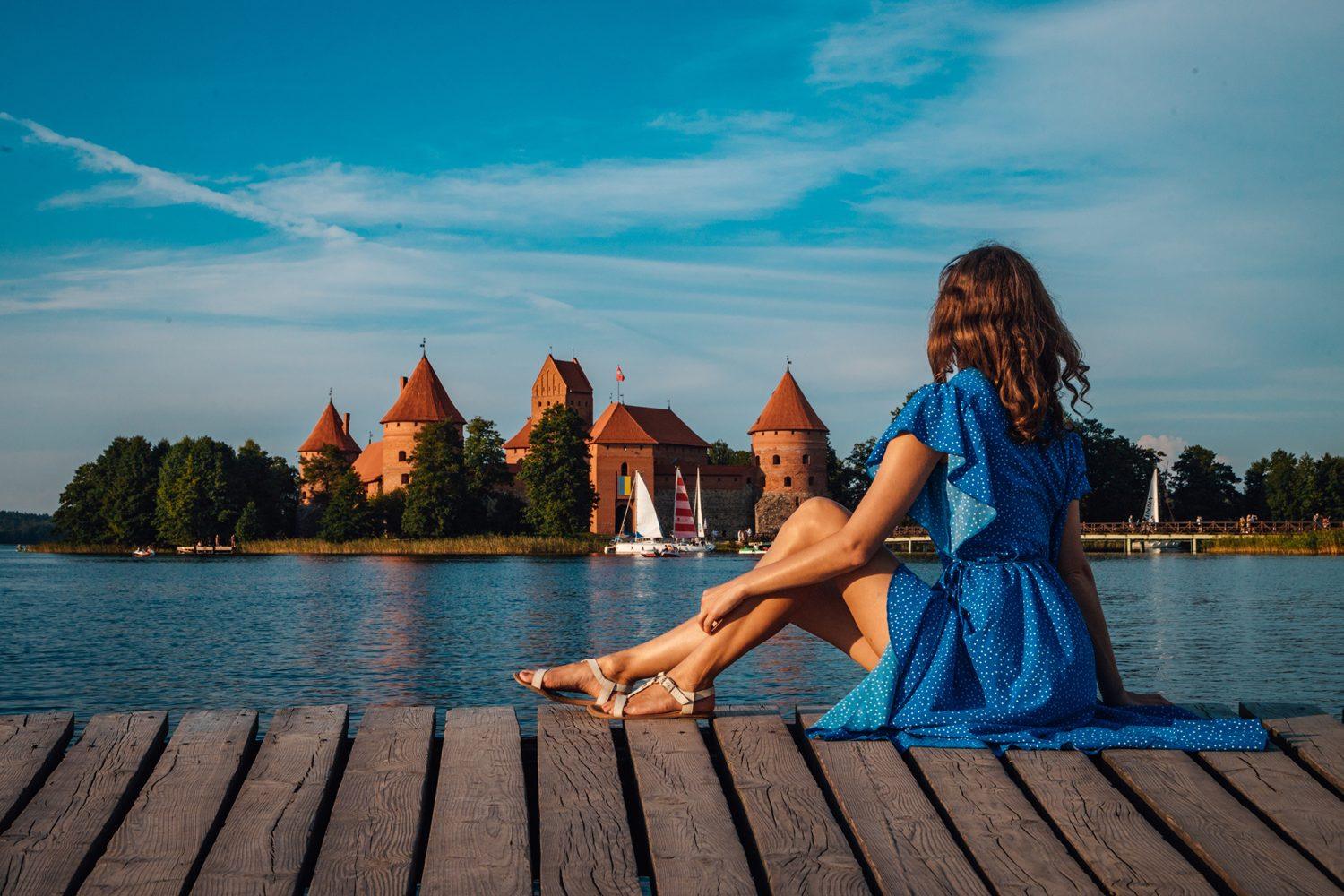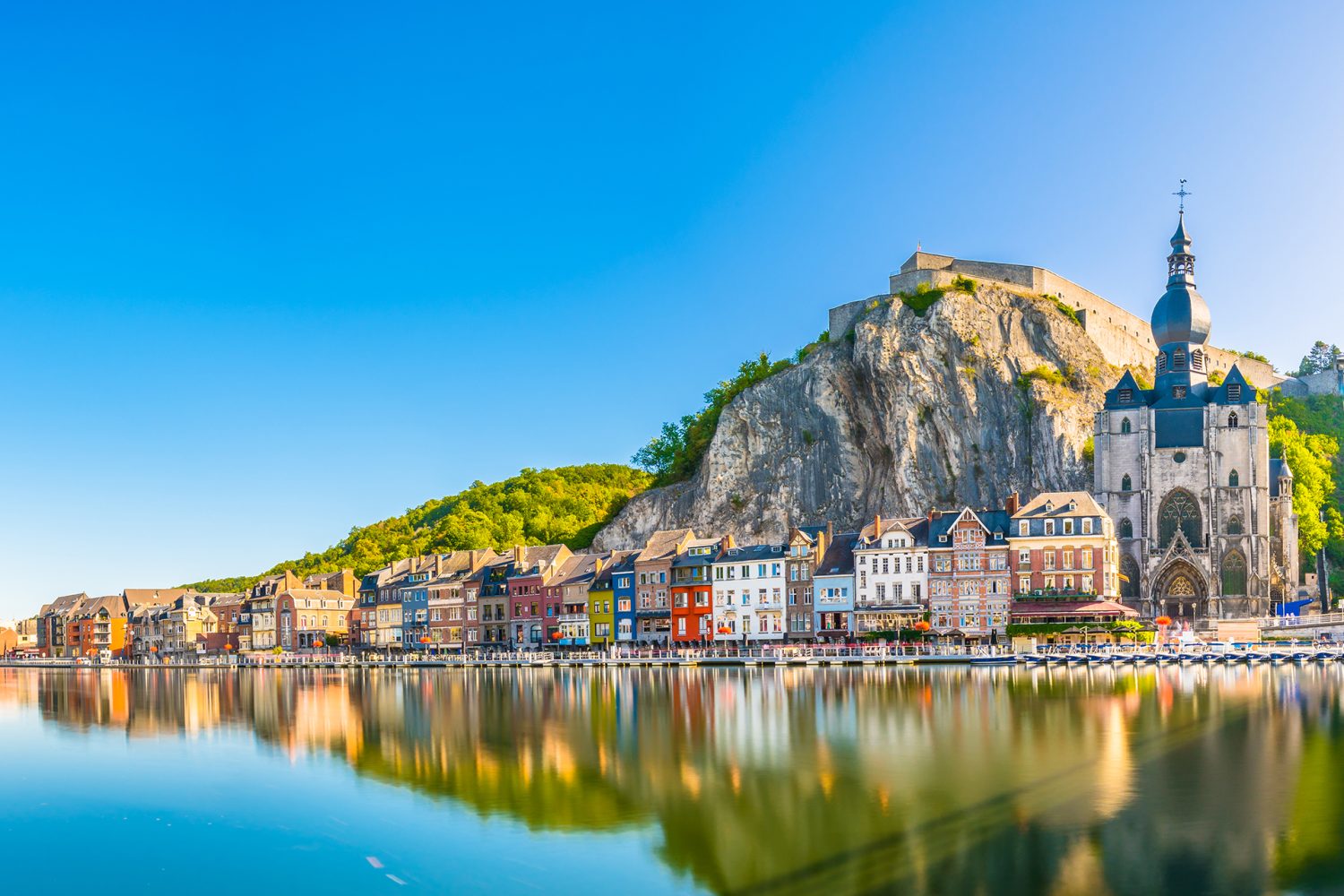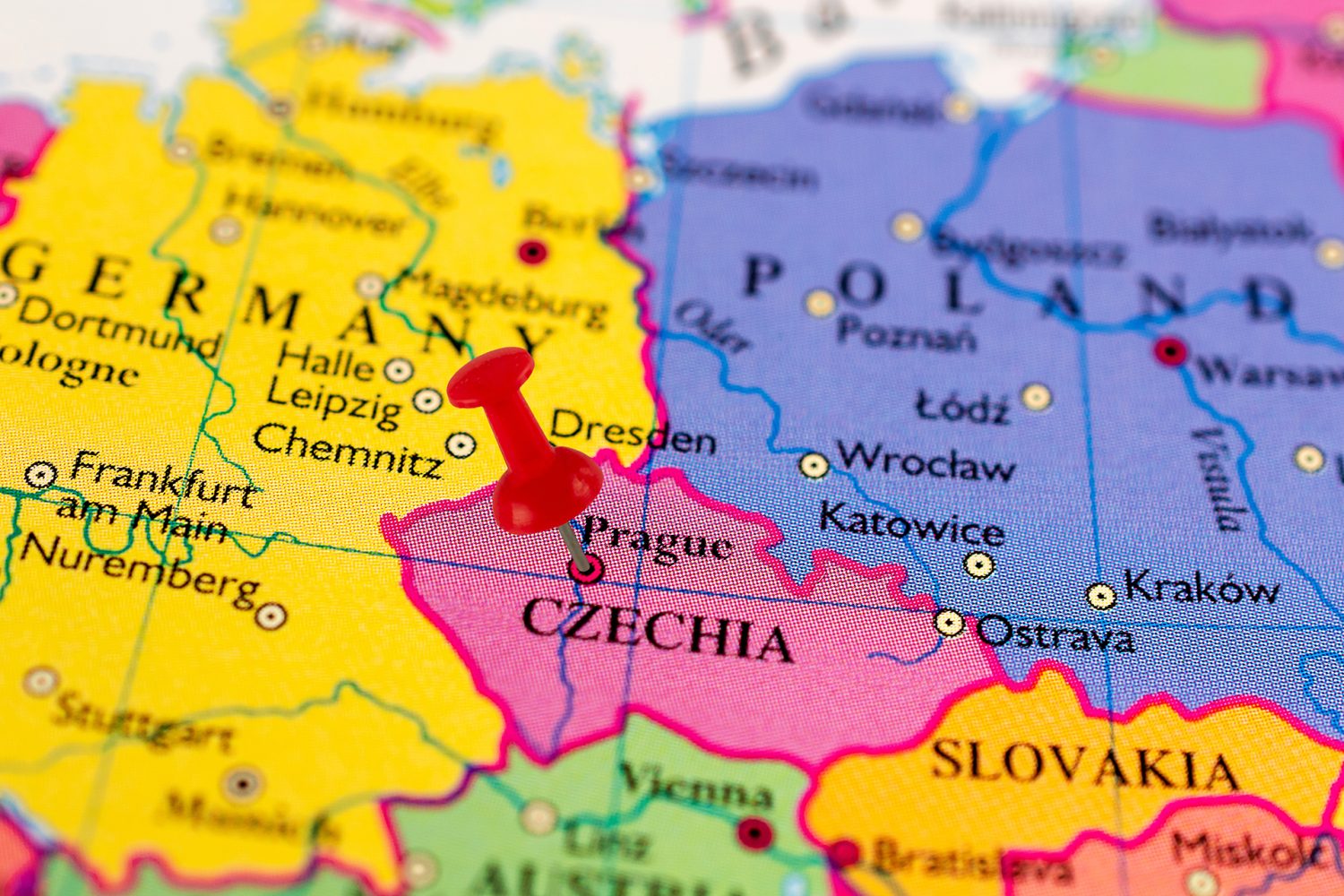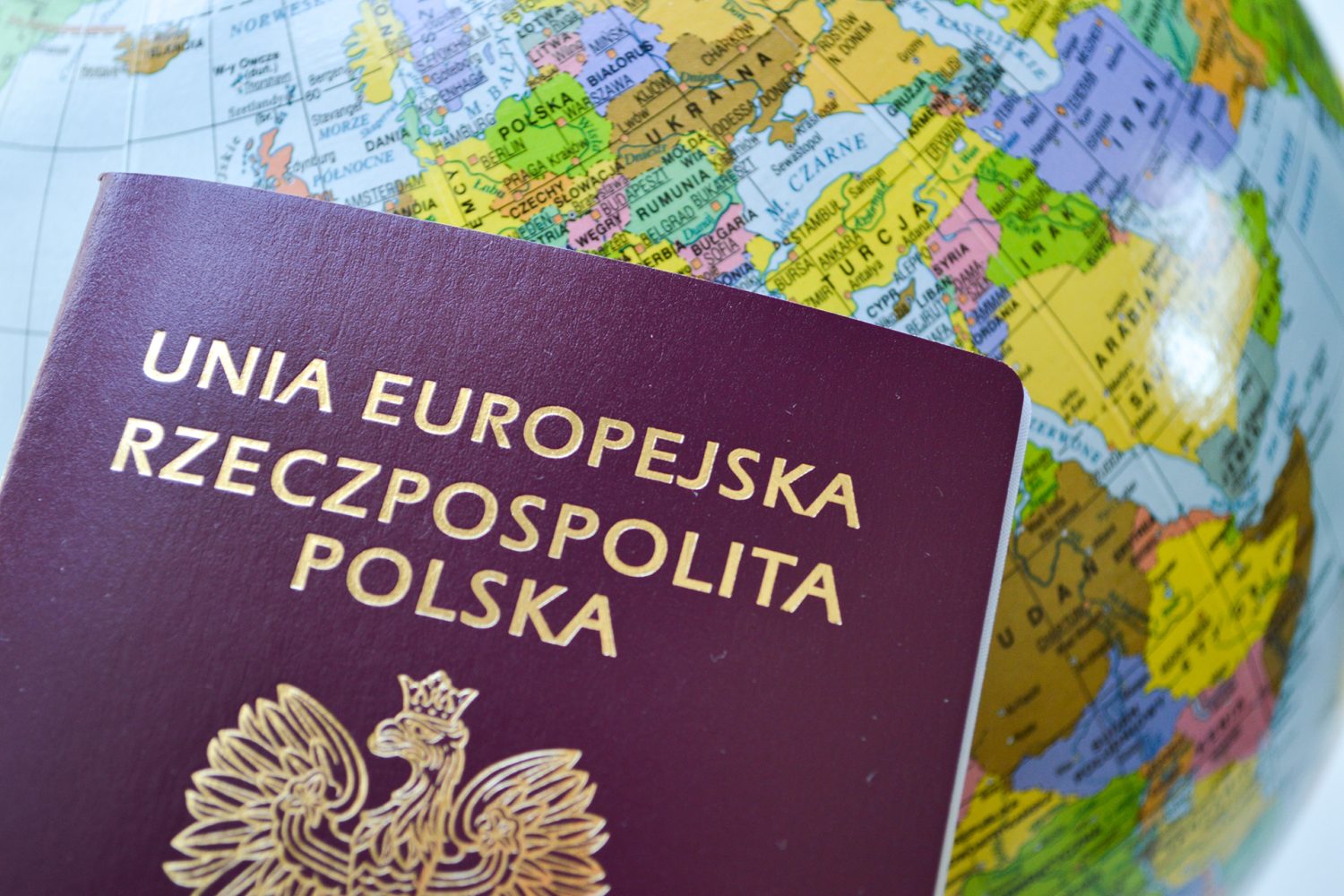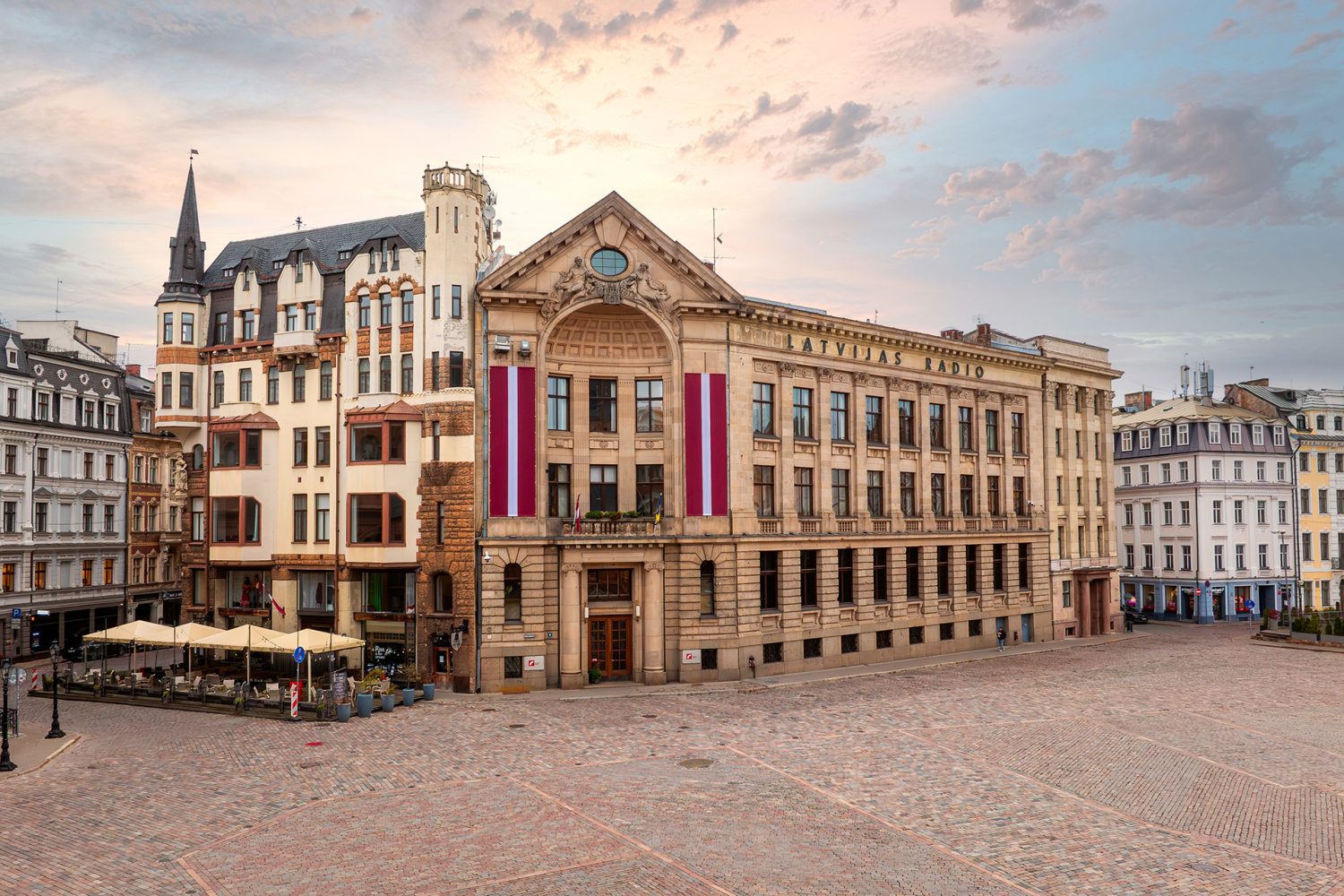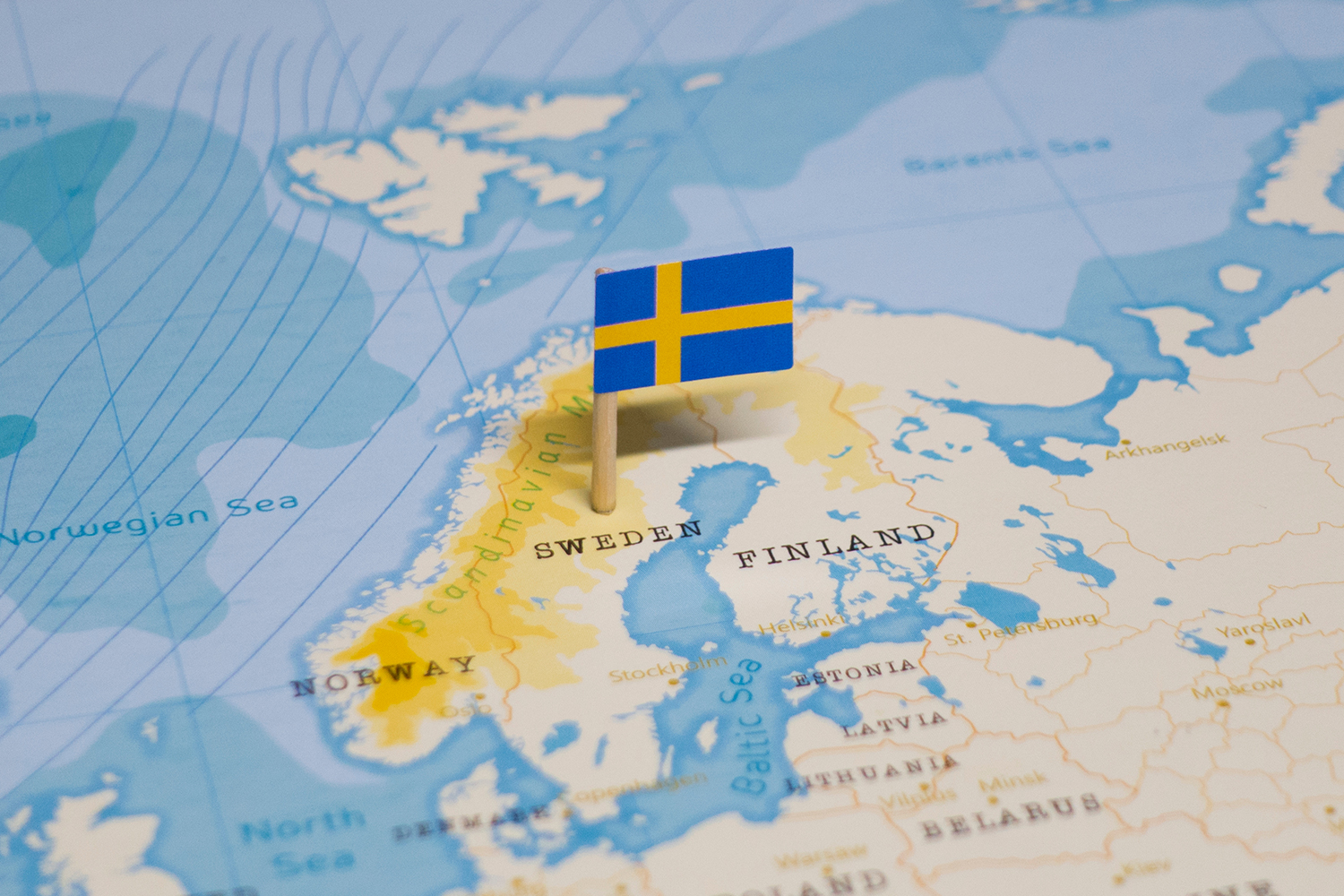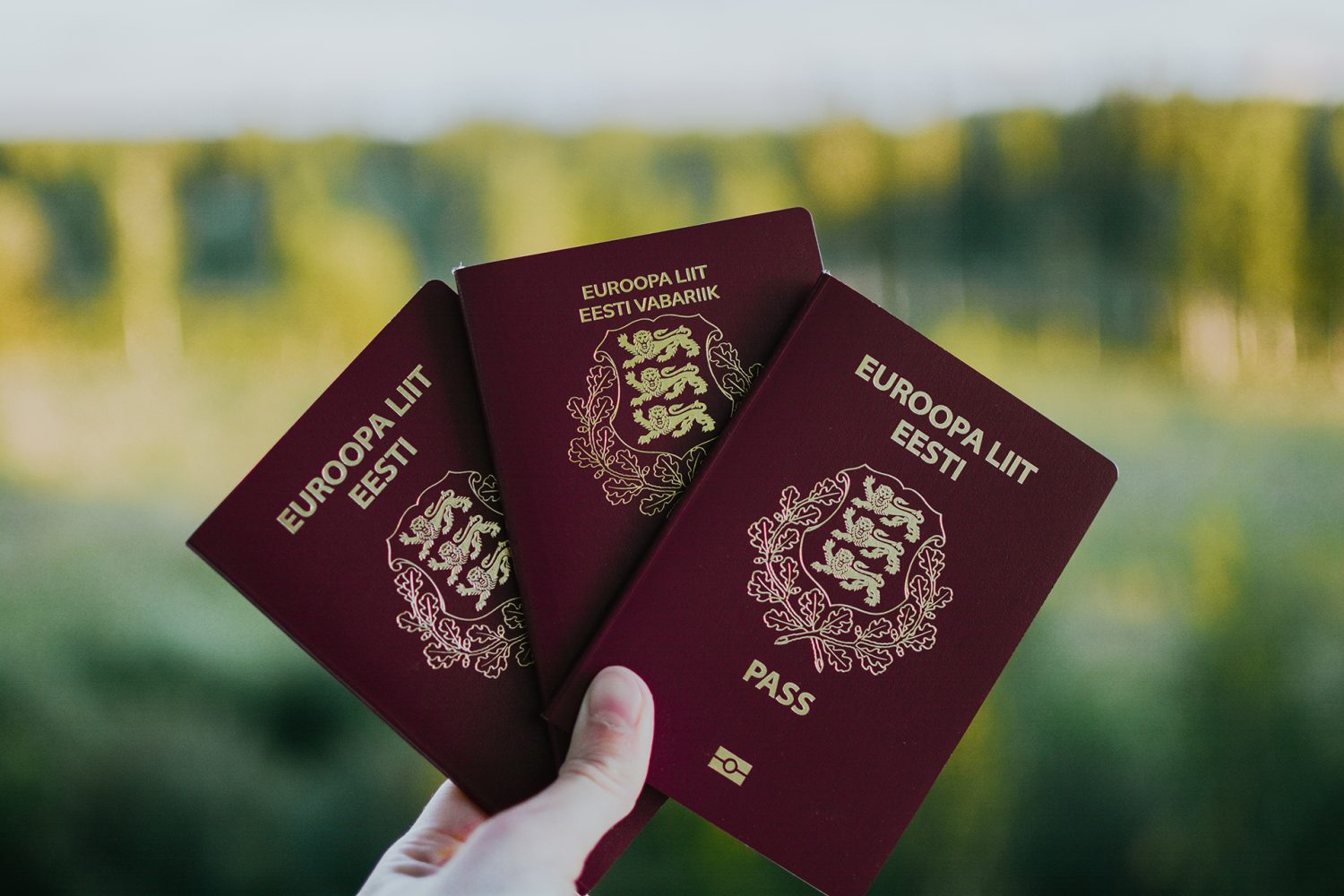
Diana Weber
Lawyer of international law
Rating:
13
December
Immigration to Lithuania for Permanent Residence
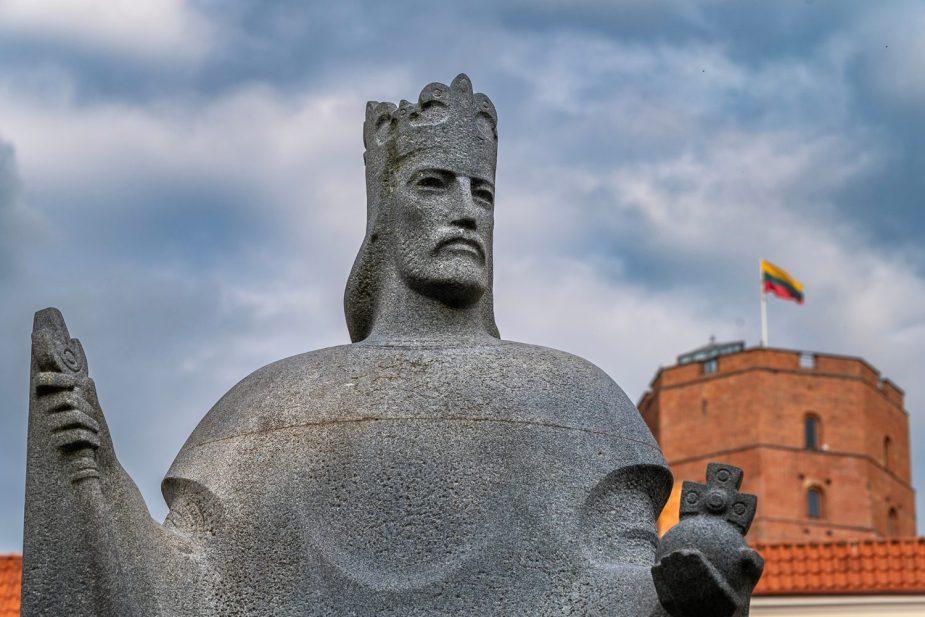
Permanent residence in Lithuania is an indefinite permit for permanent residence in the country, which is granted to foreigners in accordance with the law “Lietuvos Respublikos įstatymas dėl užsieniečių teisinės padėties”. As a general procedure, the document is issued for those who have been legally staying in the country for at least 5 years, are self-supporting, know the national language and constitutional norms, are law-abiding, have health insurance and local residence registration. Accelerated granting of residence permits is provided for refugees, persons of Lithuanian origin and relatives of local citizens.
The Republic of Lithuania is a member of the European Union, so permanent residents receive an EU-style residence permit. With this status you can travel freely in the Schengen zone countries, work under the same conditions as residents of the state, do business in the European market and beyond. In 2026 moving to Lithuania for permanent residence gives you the opportunity to later apply for citizenship and get the 7th strongest passport in the world. It is also a chance to settle in a safe country with strong social guarantees, to give your children a prestigious European education, to increase your income.
Foreigners mainly decide to move to Lithuania because of the high standard of living in the country, as well as a number of other significant advantages, among which are:
Permanent residents of Lithuania must know, respect, comply with national laws and constitutional norms. At the request of authorized (law enforcement) authorities, an immigrant must provide documents confirming his/her identity and the legality of his/her stay in the country. Permanent residence permit is issued for permanent residence - if you leave the European Union for more than 12 months without a valid reason, the status is canceled.
You can get more rights on the territory of the European Union, if you get a passport of any of the countries of the association. In a number of EU countries there are simplified programs, under which you can acquire a second citizenship in just 4-12 months with the help of specialized lawyers Immigrantinlaw.
Submit an application form and we'll get back to you!
Moving to Lithuania for permanent residence without additional requirements is possible for those who have ethnic belonging to the people of the Republic or who plan to restore here the lost citizenship. Permanent resident status is immediately granted to recognized refugees and relatives of local citizens. In other cases, you will first need to live in the republic with a national visa and/or residence permit for 5 years without interruption. To move and start the naturalization process, you can open a residence permit on one of the following grounds:
Get more information about the peculiarities of immigration to the EU at a free consultation
The main condition for moving to Lithuania for permanent residence is to have a reason to stay in the country for a long time. You must open a visa and/or residence permit, regularly renew the immigration document, keeping the reason to live in the republic, and after 5 years you will be able to apply for a permanent resident card. The permanent residence card is issued to those who meet the following requirements:
EU citizens can go to Lithuania for permanent residence without additional requirements. Check your chances of obtaining a second EU passport for immigration and other purposes at a free legal consultation.
To move to Lithuania for permanent residence you need to:
You should start collecting documents for permanent residence several weeks before the planned submission of your request to the Lithuanian state authorities. The basic dossier consists of:
Foreign documents must be translated into English or Lithuanian and notarized.
The status of permanent resident in Lithuania is granted indefinitely. Every 5 years you need to re-issue the resident card itself by applying to the territorial office of the Migration Department. You pay the state duty and within 15-30 days you expect a new document, which you pick up in person. There are cases of revocation of permanent residence, the main reason - leaving the European Union for more than a year. Also, the status of permanent resident can be revoked if it turns out that it was obtained fraudulently, or you are recognized as persona non grata in the republic.
You can apply for Lithuanian citizenship in the general naturalization procedure after 10 years of total legal residence in the country (with visa, temporary and permanent residence permit). You need to pass a language exam and a test on the knowledge of constitutional norms, have a stable and legal source for living, provide a certificate of no criminal record, in most cases - to renounce your passport in the home country.
Before emigrating from your native country to Lithuania, you should learn more about the socio-cultural features of the country, choose a city to live in, determine the future source of income. Families with children need to clarify information about the education system, availability of schools and kindergartens.
The official state language in the republic is Lithuanian. However, according to the International Organization for Migration, about 80% of the population also speak foreign languages. Until 1991 the state was a part of the USSR. For this reason, about ⅔ of the population still knows or at least understands Russian. Young people more often master foreign languages of international communication - English, French. Polish and Belarusian are also partially widespread in the country. For comfortable adaptation in the country, it is desirable to be fluent in Russian or Lithuanian, or to know English at a conversational level.
The Ministry of Social Protection and Labor of the Republic of Lithuania provides a wide range of benefits and allowances for residents of the country, including permanent residence permit holders. Depending on the situation, you may receive child allowances, incapacitation allowances, allowances for persons with disabilities and their caregivers. There is a monetary support for low-income families - on average 200 EUR per month per person. In addition to providing payments, the Ministry provides psychological assistance.
The minimum salary in Lithuania is 924 EUR, the average salary is 2238 EUR per month. The unemployment rate is decreasing, but it is still quite high - about 7%, with a significant share of young people. The list of highly paid professions includes representatives of the IT sector, doctors, teachers, top managers, judges, engineers. Their salary can reach 4000-5000 EUR per month. It can be difficult for foreigners to find a good vacancy, especially without knowledge of Lithuanian or English.
Like other EU countries, Lithuania provides compulsory schooling for children up to the age of 16. Education is conducted in Lithuanian, and English, German, Ukrainian or Russian (less frequently) is usually studied as a foreign language. Municipal schools are free of charge, but there are also private educational institutions. Kindergartens are also divided into public and commercial. Permanent residents can choose any of the options, but in municipal institutions you usually have to wait in line. The cost of private kindergartens is about 500 EUR per month.
Lithuania is not interested in the influx of migrants, so there are no special conditions for moving pensioners, as, for example, in Bulgaria. Also, there is no residence permit for self-supporting foreigners, as in Portugal or Spain. But the republic easily approves family reunification with elderly parents who are dependent on a local citizen or resident. A foreigner can count on a Lithuanian pension only if he or she has worked in the country and accumulated the appropriate length of service. Quiet, measured life in Lithuania suits many people of the older generation.
To move to Lithuania, you will need to pay state fees, notary and legal services, rent and realty agent assistance. You will also have to pay for transportation of your stuff, flight or travel to the country, and health insurance. The table below shows the current rates of administrative fees for immigrants.
| Category of expenses | Price, € |
| National visa (D) | 140 |
| Temporary resident card | 160–320 |
| Renewal of residence permit | at the cost of initial registration |
| Permanent resident card | 160–320 |
| Renewal of permanent residence | 45–90 |
With the help of international law specialists, you can find the cheapest way to immigrate to Lithuania. The specialized lawyers of Immigrantinlaw will recommend you the best options for moving to Lithuania taking into account your wishes and peculiarities of your dossier.
At the beginning of 2025, Lithuania clarified its legislation on permanent residence (Long-Term Residence / Ilgalaikis gyventojas), especially regarding quotas, application procedures, and requirements for income and residence.
As of 2025, the path to permanent residence in Lithuania has become more formalized and strictly controlled: quotas have been reduced, external submission procedures tightened, residence and integration requirements (language and constitutional knowledge) more actively enforced, while fees and processing times have been made more transparent.
In Numbeo's World Quality of Life Index, Lithuania ranks 23rd with an individual score of 170 points - a very high position. The country's strengths include developed health care and education systems, low cost of living (the ratio of income to expenses of the population), good environmental conditions, political and economic stability. One can also note a lot of social guarantees for residents and gradual improvement of infrastructure.
To the disadvantages of Lithuania immigrants refer long naturalization, which takes from 10 years in the usual order and requires renunciation of the current citizenship. The labor market here is limited, there is not a lot of work and mostly it is vacancies for people with high qualifications. Real estate is expensive: on average 2500-4000 EUR per square meter, which does not quite correspond to the level of salaries. Also among the negative points are high tax rates and mediocre quality of the roads.
According to the reviews of foreigners who have moved to Lithuania, it is quite comfortable to live here. It is not difficult to obtain local documents, the main thing is that the reason to stay in the country should be long-term. Integration into society as a whole is easy due to the multi-lingual nature of the population. Those who are looking for a job, it is better to move to one of the big cities, for example Vilnius or Kaunas. Lovers of tranquility and a measured way of life usually choose picturesque places on the sea coasts like Klaipeda.
To qualify for permanent residence, you will have to learn the Lithuanian language, which is quite difficult. Migration services carefully check the legality and stability of income, monitor fake marriages and generally do not allow uncontrolled movement of foreigners. But the state authorities support those who really want to integrate - they organize language courses and provide benefits according to their status. However, the awaiting of permanent residence and citizenship will be long.
Submit an application form and we'll get back to you!
Many immigrants are not satisfied with the necessity to live in Lithuania for 5 years before obtaining permanent residence permit and fulfill a number of related conditions. The simpler and more affordable ways of moving to the country include obtaining an EU passport under one of the accelerated programs. For example, in Romania, Slovenia and Bulgaria, you can obtain a second passport within 4 to 14 months without having to invest in the economy or demonstrate income. Your current citizenship remains with you. As an EU citizen, you can easily immigrate to Lithuania for permanent residence with your family.
International law experts will help you determine the best way to formalize citizenship or residency in the European Union. Immigrantinlaw's dedicated lawyers will tell you about simplified immigration programs and will choose the best option for you. Specialist support at every stage is a guarantee of successful relocation and obtaining the desired status in the EU. You can sign up for a free legal consultation to start changing your life for the better without delay.
Immigration to Belgium for Permanent Residence
17 July
Permanent residence in Belgium is issued to foreigners who have a documentary right to permanently reside in the state. You...
Immigration to Czech Republic for Permanent Residence
15 June
Moving to the Czech Republic should start with obtaining an entry document, preparing a place to live and financial savings....
How to Get Citizenship of Poland
27 December
Polish citizenship is a status that gives you access to national rights and privileges on the territory of the country,...
Immigration to Latvia for Permanent Residency
21 January
Permanent residence in Latvia is granted to those who have been legally residing in the country for at least 5...
How to Get Citizenship of Sweden
4 October
Swedish citizenship is the legal relationship between the country and you as an individual. According to the national laws of...
How to Get Citizenship of Estonia
25 November
Estonian citizenship is a status that grants you certain rights and a number of obligations to the state. Among the...
Discover
new opportunities
with a European Union passport!
Submit the application form and we will call you back!
Leave a request
Contacts

